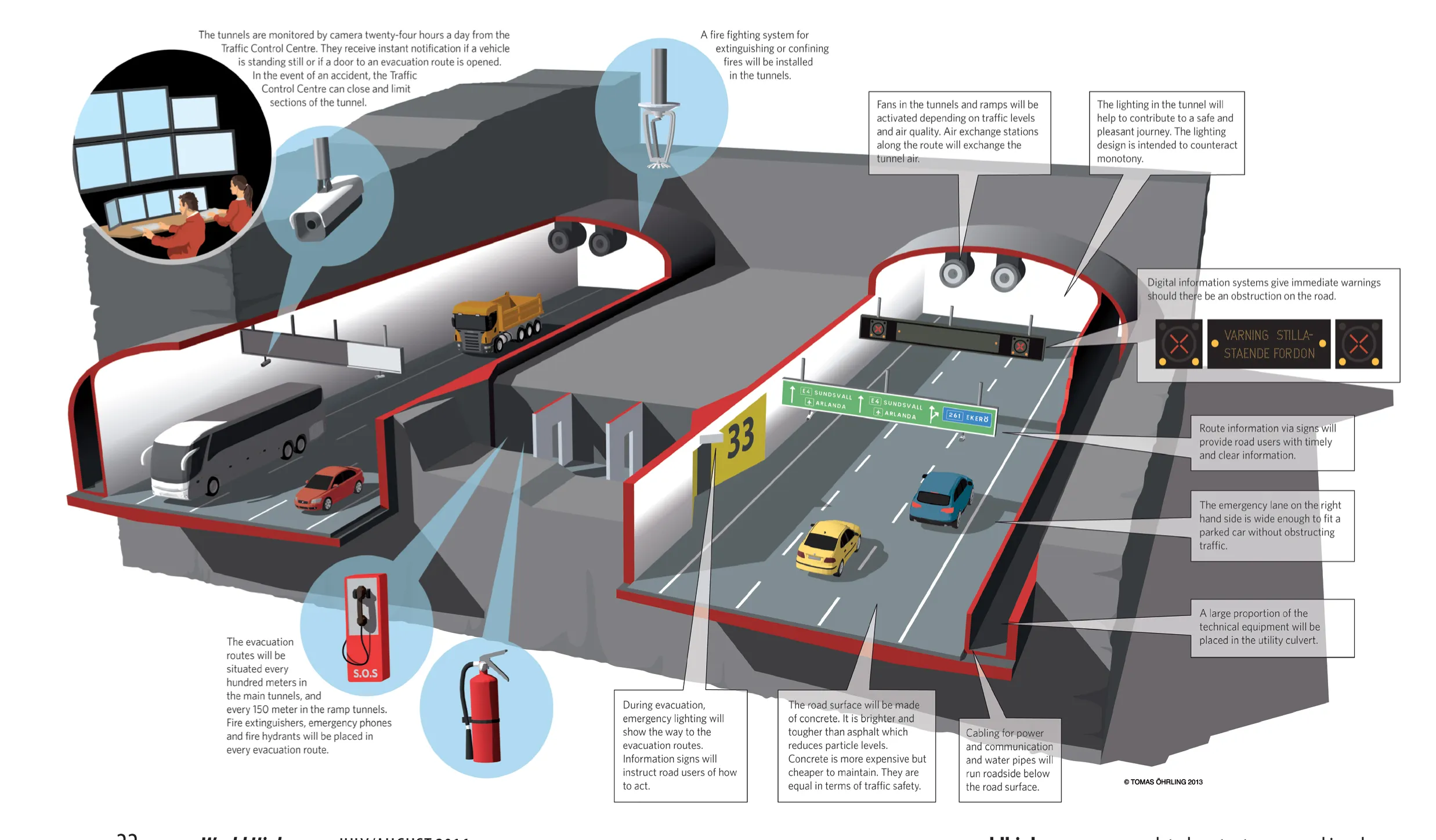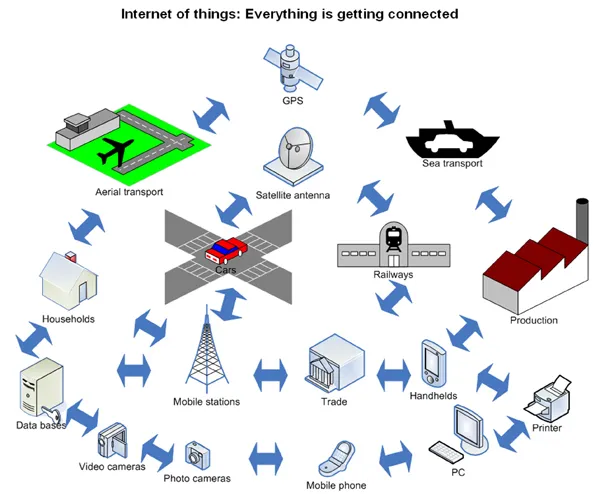
Responding to the challenging radio environment at temporary traffic signal sites, Traffic Group Signals has improved the performance of its Active Channel Management (ACM) technology.
Traffic Group Signals is a major UK manufacturer of advanced portable and temporary traffic signal products. According to the company, with the rise in radio usage for on-site communications, telemetry and automation, the frequencies in which temporary traffic signals operate are more congested than ever.
Building on over four years of research and development, Traffic Group captured and analysed a wide range of data, observing various patterns in radio user behaviour, identifying peak and off-peak usage, and times where spikes are likely to occur. This congestion in the radio spectrum can result in the failure of traffic signal radio communications, cause significant disruption to road users and means regular call-outs for traffic management companies to restart the system.
Traffic Group performed a spectrum analysis at a challenging test site to discover that 75% of the available 458MHz radio band was in use daily by other services. This equates to 11 unusable channels in a 15-channel radio system or 23 unusable channels in a 32-channel radio system.
This new data was used to expand the capabilities of the ACM system, allowing the technology to overcome channel conflict by self-monitoring patterns using the 458MHz band over an extended period and automatically remembering which channels to avoid.
Since upgrading the technology, Traffic Group says that is has experienced no instances of going to ‘lights out’. There has been flawless communications between lights at one of the team’s most challenging sites in central London, notes Darren Hudson, senior projects manager at Traffic Group Signals.
“The radio environment is challenging for temporary signals, particularly those situated in urban environments or close to construction sites/critical infrastructure. With a focus on making enhancements to address these challenges, we began to gather data to inform the changes to our already market-leading ACM technology,” he said.
“Conventional temporary signals are unable to automatically adapt to congestion in radio bands, which can occur at random or persistently, for example, when walkie-talkies are used on construction sites. Instead, a laborious process of setting a new channel manually on each signal is required. This is time-consuming and typically leaves the junction unsignalled while the change is implemented. Even after such a change, there is no guarantee that the radio will operate reliably.”
While Traffic Group’s existing ACM technology analysed the radio spectrum and adopted the channel most free of congestion, he said that this may have resulted in changing to a channel that is quiet at night and busy during the day, which raised the risk of radio interference.
“The upgraded ACM radio technology takes more account of the bigger picture in terms of other users of the band that come and go with time. The result of this is that the system makes fewer channel changes but the choice of channel is exactly the one required to keep the system running at peak performance,” he said.
“This change in emphasis also helps the systems around us better decide which channel to use, allowing Metro and Evo1 signals to work in harmony with other frequency users.”
The latest enhancement to Traffic Group Signals’ ACM technology is being rolled out initially across Metro Pro- and Evo1 Pro-enabled systems throughout this year.
Metro Pro is a fully cable-less temporary signalling system designed for use in complex and critical roadwork environments, featuring permanent signalling technology. It has been successfully deployed for haul route crossings, major motorway junction reinstatements and critical urban infrastructure projects, keeping traffic flowing on sites which handle tens of thousands of vehicles per day. Evol Pro is a portable traffic signal system that features permanent signalling technology.








